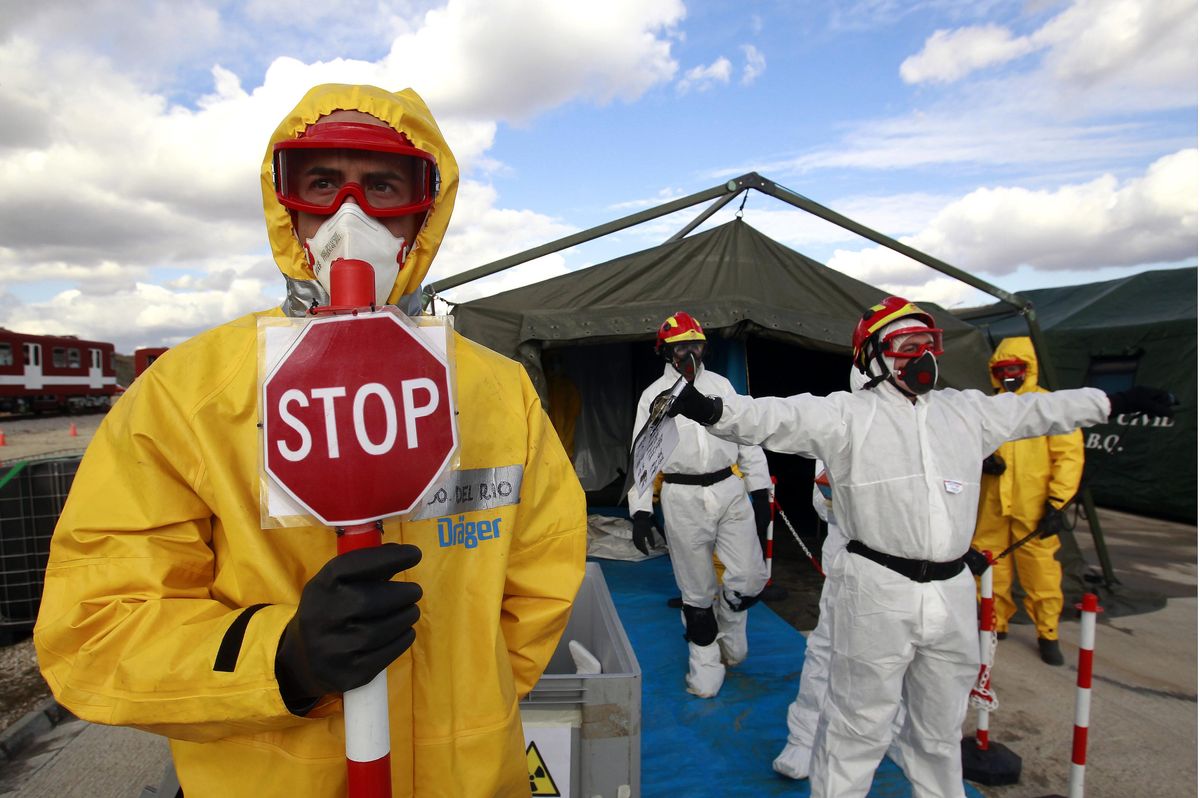Information wars in Ukraine
The Russian and Ukrainian governments are working hard to persuade the world that the other side is planning to commit an atrocity. The Kremlin has claimed more than once in recent days that Ukrainian forces intend to set off a so-called “dirty bomb” as part of a plan to bolster Western support for Kyiv and add pressure on Moscow by blaming Russia for the attack. Ukrainian and Western officials warn that Russia has invented this story to hide its own plans to use banned weapons and that Russian forces are planning a radioactive “terrorist act” with material stolen from the Zaporizhzhia nuclear power plant it continues to occupy. This is a reminder of two things. First, both sides know that information remains a powerful weapon of war. Second, international monitors are badly needed on the ground inside the war zone to separate fact from fiction. Russia’s credibility with Western governments is now close to zero, but nothing can be taken at face value during the active phase of a war.







